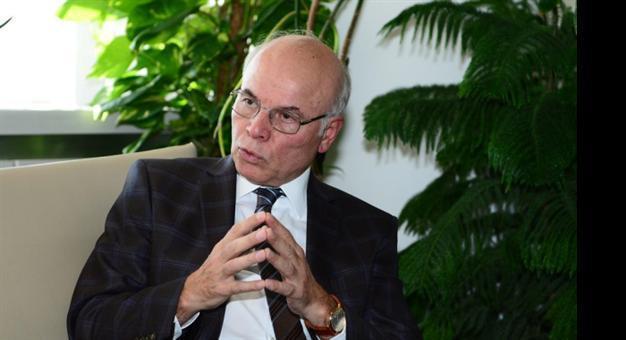CHP report lists 65 cases of censorship in Turkey in first half of 2015
ANKARA
 A Republican People’s Party (CHP) report has revealed the plight of culture and arts in Turkey, noting 65 cases of pressure, bans and censorship in the first half of 2015 alone.
A Republican People’s Party (CHP) report has revealed the plight of culture and arts in Turkey, noting 65 cases of pressure, bans and censorship in the first half of 2015 alone.“Censorship and bans were imposed six times on documentaries, movies and theater plays. Irregular dismissal, appointment and resignation under pressure took place twice at arts institutions,” CHP Deputy Chair Ercan Karakaş said in a written statement released on July 22 on the launch of the “Oppression and Censorship” report for the first half of 2015 by the CHP’s Culture and Arts Platform.
“Eight times, censorship and bans were imposed on radio stations, television channels and newspapers. Seventeen times, censorship and bans were imposed in other arts fields and literature. On seven occasions, attacks against cultural assets and artistic fields occurred. In four cases, arts and culture grants became subject to debate because they were not transparent and fair. In 21 cases, people in culture and the arts were penalized, targeted and verbally attacked,” Karakaş said.
“This picture shows how pressure and censorship have reached intolerable heights,” he said, vowing that his party would continue its fight for “free and autonomous arts.”
As recently as April, a censorship crisis erupted after a ban on the screening of the film “Bakur” (North) at the Istanbul Film Festival. “Bakur,” directed by Çayan Demirel and Ertuğrul Mavioğlu, focuses on the daily life of militants of the outlawed Kurdistan Workers’ Party (PKK) and includes interviews with senior figures including the PKK’s Iraq-based operational commander, Cemil Bayık.
At the time, the Istanbul Foundation for Culture and Arts (İKSV), the organizer of the festival, said they had received an official letter from the Culture Ministry stating that films produced in Turkey needed an official registration certificate in order to be screened at festivals.
However, until the incident concerning “Bakur,” several local films without the certificate had been screened at the festival without encountering any problems.
“The overall approach to arts and culture was marked by steps increasing state supervision, including by introducing requirements of ‘morally acceptable’ theater plays as a condition for state financial support or ministerial approval of movies to be screened at national film festivals,” said the European Commission’s annual progress report on EU-membership candidate Turkey released in October 2014.
















